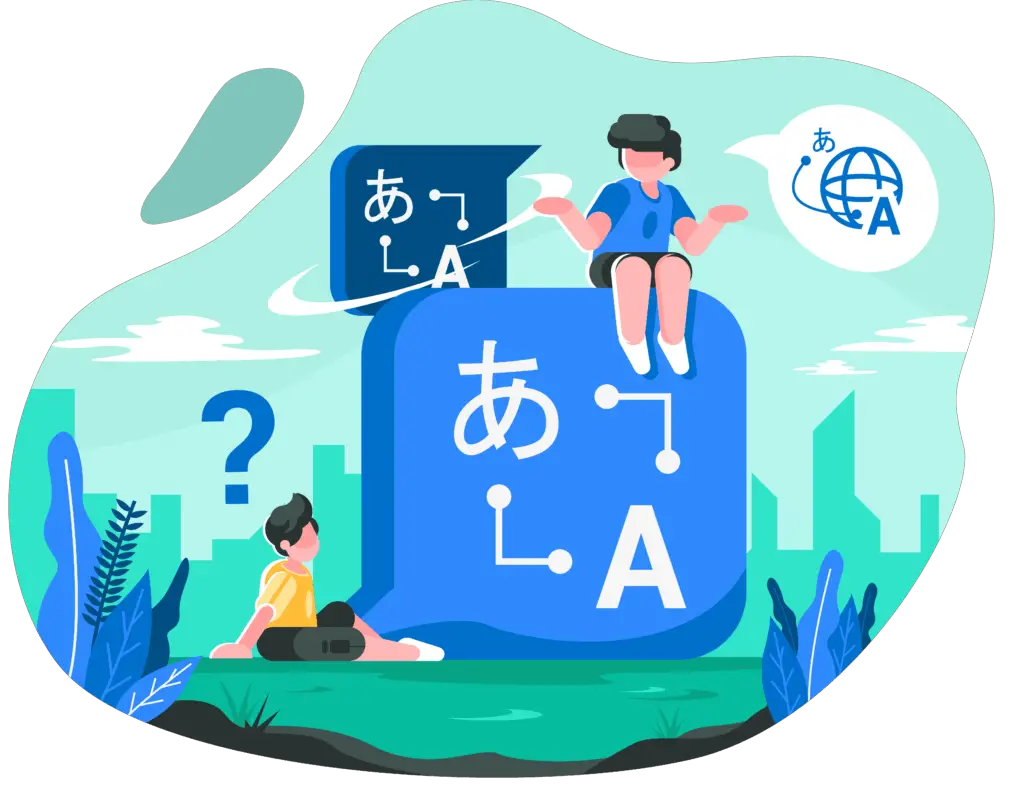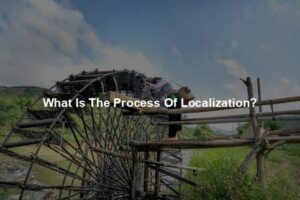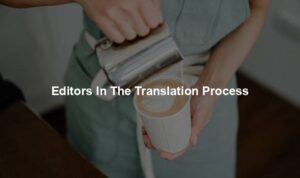
An editor is a person having managerial and sometimes policy-making responsibility related to the writing, compilation, and revision of content for a publishing firm and for a newspaper, magazine, and other publication:
Translation Editors
Most people are unacquainted with what translation means. We may define translation as the conversion of one language to another. In the translation process, editing is an important aspect. Many people do entry-level editing throughout their lives when writing reports, papers, articles, emails, etc. A refined editor makes the difference in readability, style, and quality within translated documents.
Even the best translators don’t catch every error within their translated documents, which explains why proofreaders and editors are needed in the translation process. In case a company needs translation information or any document, an expert translation editor will significantly improve the production of a polished translation.
The Job Of An Editor
The job of an editor and proofreader is to ensure that the small mistakes are fixed. Their job is to enhance the final product and deliver a slick translation.
What does a translation editor do?
So, what exactly does an editor in the translation world do? Editing is often thought of as the “big picture process.” This is the part of the translation process when the translated documents are compared to the original (source) text, and the translated (target) text is assessed in full. The editor typically looks for details like:
- Wording
- Clarity
- Succinctness
- Consistency
- Terminology and
- Register
Editors often keep a few simple questions in mind when going through this process:
- Does the original meaning of the source text still exist?
- Is the terminology and style accurate for the target audience?
- Has the translated text and terms remained consistent? (This is especially crucial when more than one translator works on a translation.)
Paying attention to those details could be the cornerstone of impeccable translations. Especially in bigger translation agencies, where multiple translators work about the same text, editors work to guarantee the translation’s consistency.
Core Values Of Translation Editing
A stellar translation editor has a series of characteristics that allow them to deliver impeccable services.
- A great editor is an editor with a perfect understanding of the foundation and translated language. Editing goes beyond fixing spelling and grammatical errors. It touches sensitive aspects like meaning, accuracy, and consistency. Without a proper understanding of both languages, editors can’t ensure a higher standard of the text.
- Translation editors do a lot more than comparing the two texts; they have to multitask. They pay attention if there are any stylistic or paraphrasing issues and dissonances between languages, punctuation, spelling, and more.
- Concentration is important in this work. The team at The Word Point, a professional translation and editing agency, says the ability to remain focused for hours is really a basic demand of their job. Translation editors have to fix errors that are usually overlooked and missed by the translator. Usually, these errors are of finesse.
- Attention to detail is paramount. The very essence of professional translation editing services is attention to context, meaning, and essence details. When editors overlook a minor translation issue, the results can be dramatic. It can change completely the meaning of the translation.
Different Translations Need Different Editors
Just as literature translations are not the same as legal or technical translations, translation editing also comes in different shapes and forms. For example, translation editors for legal translations need a good understanding of the terminology of both the source and converted text. There are multiple types of translations, and each of them requires experienced editors working on polishing the converted text.
- Science translations: Because science translations deal with translating research papers, theses, and articles in the field, the translation editors need a good understanding of the domain, terminology, and processes described by the paper.
- Technical translations: These translation services are very targeted and are focused on translating user manuals, financial reports, and administrative paperwork. In this case, translation editors with experience in the field are more valuable.
- Financial translations: As a financial translation editor, you must have a perfect understanding of the financial environment, terms, and definitions. This helps you ensure that you don’t miss important aspects of the overall meaning of the text.
- Legal translations: As a legal translation editor, you should have previous interactions with legal documents such as summonses and warrants in both the language of origin and conversion language.
- Judicial translations: These translations are focused on depositions, judgments, minute proceedings and so on. Judicial translation editors should have a degree or deep knowledge of the judicial field.
- Literary translations: These may be the most difficult type of translations to edit. First, the editor must fully understand the semantics of the original text to make sure the translator transposes it in the conversion language with accuracy. But they should also pay attention to other details such as polysomic words, the author’s style, the translator’s style and if it matches with the author’s, and the rhythm of both texts.
Conclusion
Editing plays a huge role in the translation process. To preserve the characteristics, meaning, and essence of the original text, translating editors have to work for years to master all these aspects.








Comment (1)
agen poker online
September 12, 2020Thanks a lot for sharing this with all folks
you actually understand what you are speaking about!
Bookmarked. Kindly also consult with my web site =). We could have a link alternate agreement between us
Comments are closed.